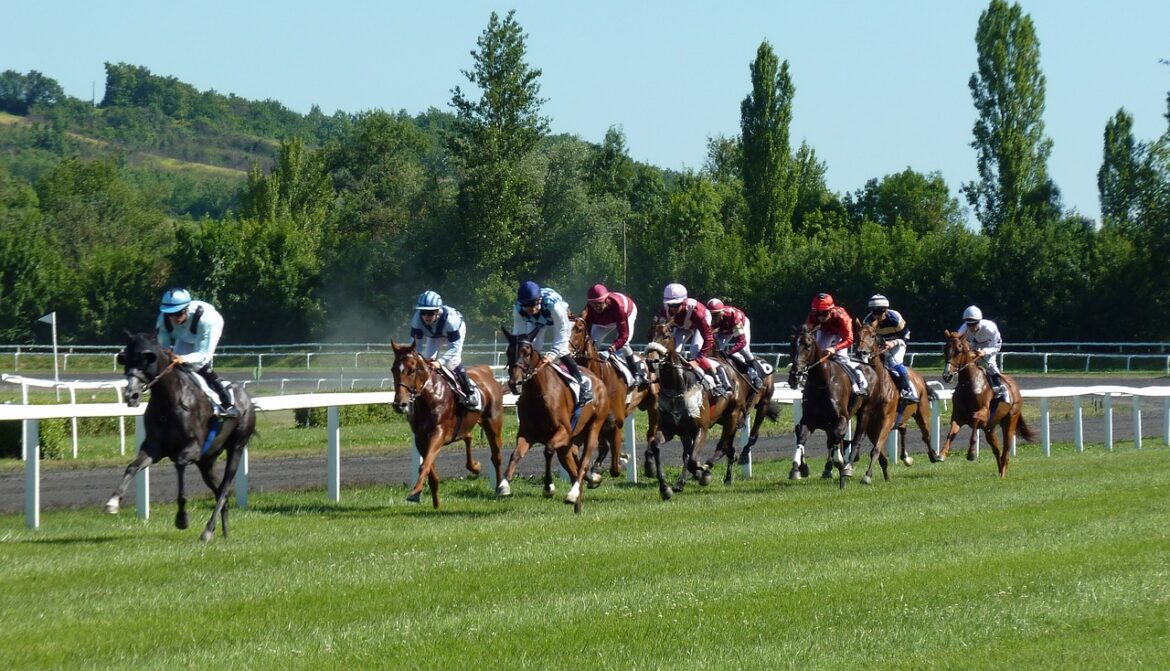British horse racing is entering uncharted territory this week as trainers, owners, and racecourse officials brace for a voluntary blackout.
The move comes amid growing fears that new tax measures could destabilize the sport, threatening livelihoods and the future of racing itself.
Industry Leaders Head to Westminster to Lobby Against Tax Hikes
Representatives from the British Horseracing Authority (BHA), The Jockey Club, Arena Racing Company (ARC), and the National Trainers Federation are heading to Westminster.
Their goal is clear: to campaign against potential increases in the betting tax, which they warn could have devastating consequences for the sport.
The Treasury is considering raising the online betting duty from 15% to a higher rate when the November Budget is announced.
Racing receives roughly £350 million annually from betting revenue, and an increase could create a ripple effect across the entire industry.
Online casinos and slot games are taxed at 21%, but raising gambling levies across the board would put racing in serious jeopardy, reducing funding, job opportunities, and potentially forcing trainers out of business.
Cancellations and Rearrangements Highlight Industry Tensions
The BHA, The Jockey Club, and ARC have already taken steps in response, canceling and rearranging fixtures at tracks including Uttoxeter, Lingfield, Kempton, and Carlisle.
While unusual, these actions demonstrate the determination of the industry to make a statement about the potential risks ahead.
Over the past month, Daily Mail Sport has reported extensively on the issue.
Six-time Champion Trainer John Gosden warned that tax increases could “kill communities,” while John Berry from Newmarket described the scenario as a “Doomsday” for racing.
Epsom Trainers Express Deep Concern
The anxiety extends beyond Newmarket, racing’s traditional headquarters.
Epsom, home of the Derby and the Oaks, shares those concerns.
Leading trainer Jim Boyle has been working in Epsom for two decades, earning a reputation for improving honest horses and prioritizing their welfare.
Boyle emphasized the widespread nature of the crisis: “This situation isn’t just affecting one training center—it impacts everyone.
We might have had runners on Wednesday at Kempton and Lingfield, but we fully support the action. We’ve been fighting against underfunding for years.”
He added, “If the funding model deteriorates, it would be catastrophic.
This industry is already stretched to its limits. Push it any further, and it could snap.”
Passion Drives Trainers Despite Financial Strain
Boyle reflected on why people continue to dedicate their lives to racing: “We all do this because we love it.
I could earn more money as a vet and work far more reasonable hours, but nothing compares to the thrill of training winners. It’s a legal high.”
He also highlighted the crucial role of owners: “They invest heavily in this sport, often without much return.
If owners can’t sustain themselves, we don’t have a business model. No horses, no racing—it’s that simple.”
BHA Chair Calls for Unity Amid Growing Threats
Lord Charles Allen, the newly-appointed Chair of the BHA, has urged the racing community to unite.
He stressed the broader significance of the industry: “We are Britain’s second-largest spectator sport, supporting 85,000 jobs and generating over £4 billion annually.
All of this is at risk from changes that would devastate our funding model.”
Allen’s warning to politicians was direct: “This is not a marginal issue.
It’s about protecting communities and preventing thousands of people from losing their jobs.
Government leaders must recognize the unique value of British Racing.”
The Road Ahead Remains Uncertain
As Wednesday’s blackout approaches, the industry waits to see whether their efforts will influence government decisions.
Trainers, owners, and officials are united in their concern, but the stakes have never been higher for the sport, its participants, and the communities it supports.
